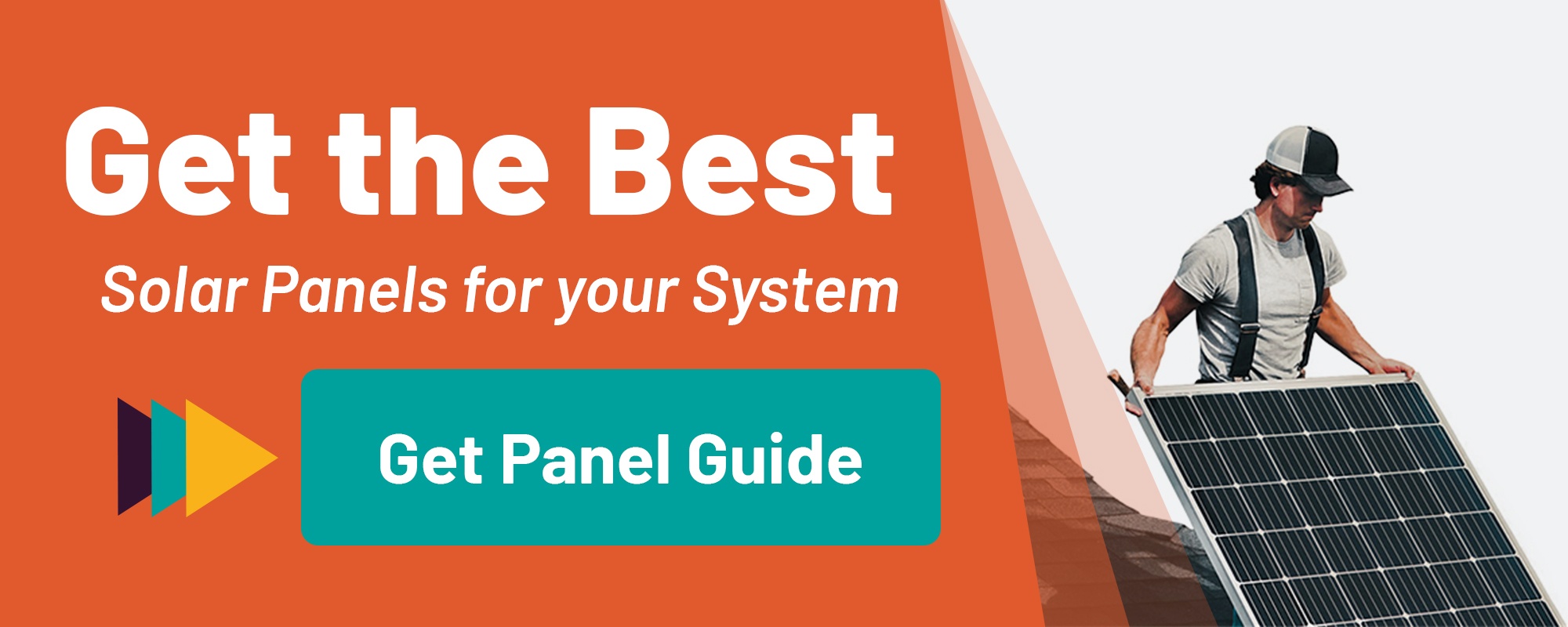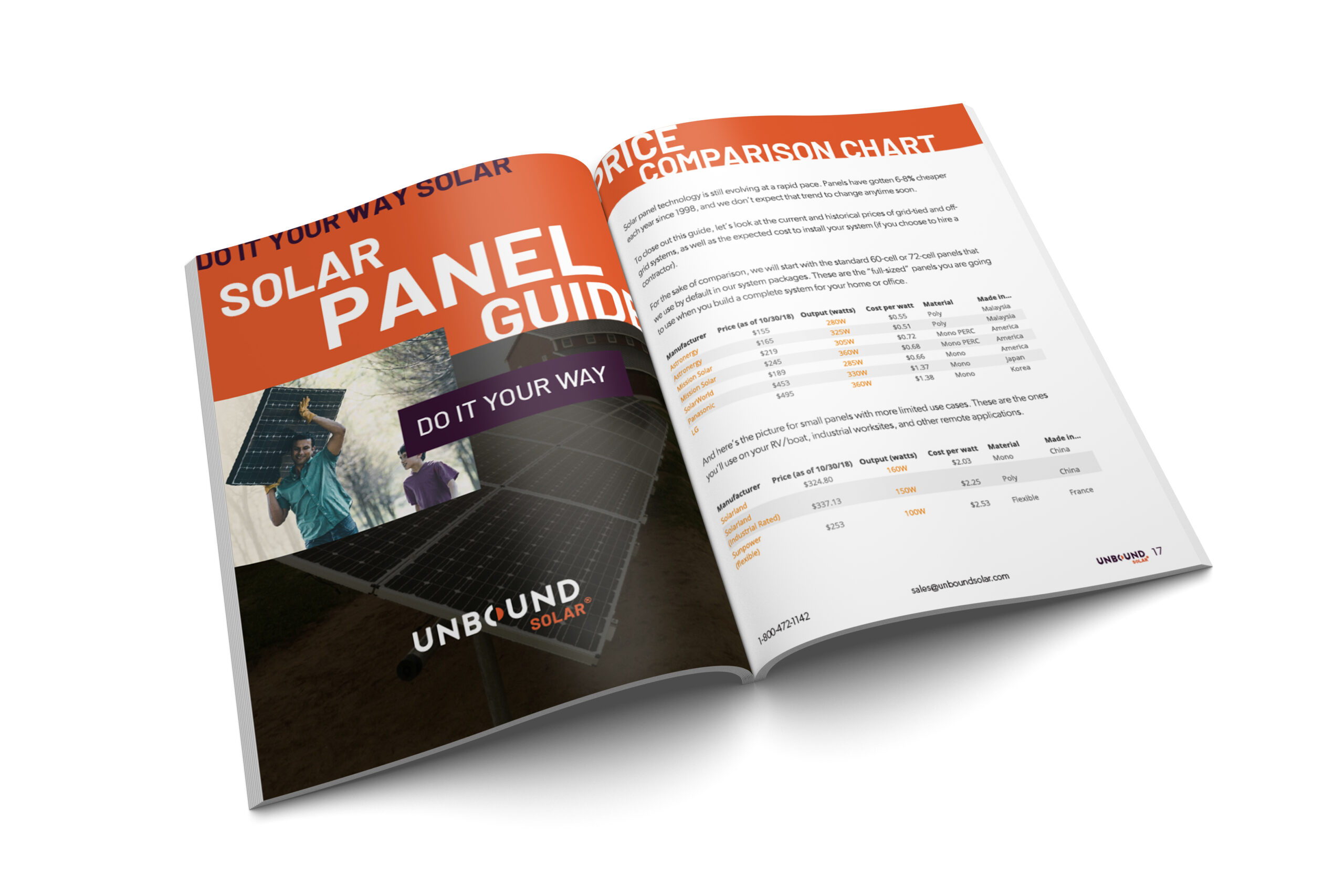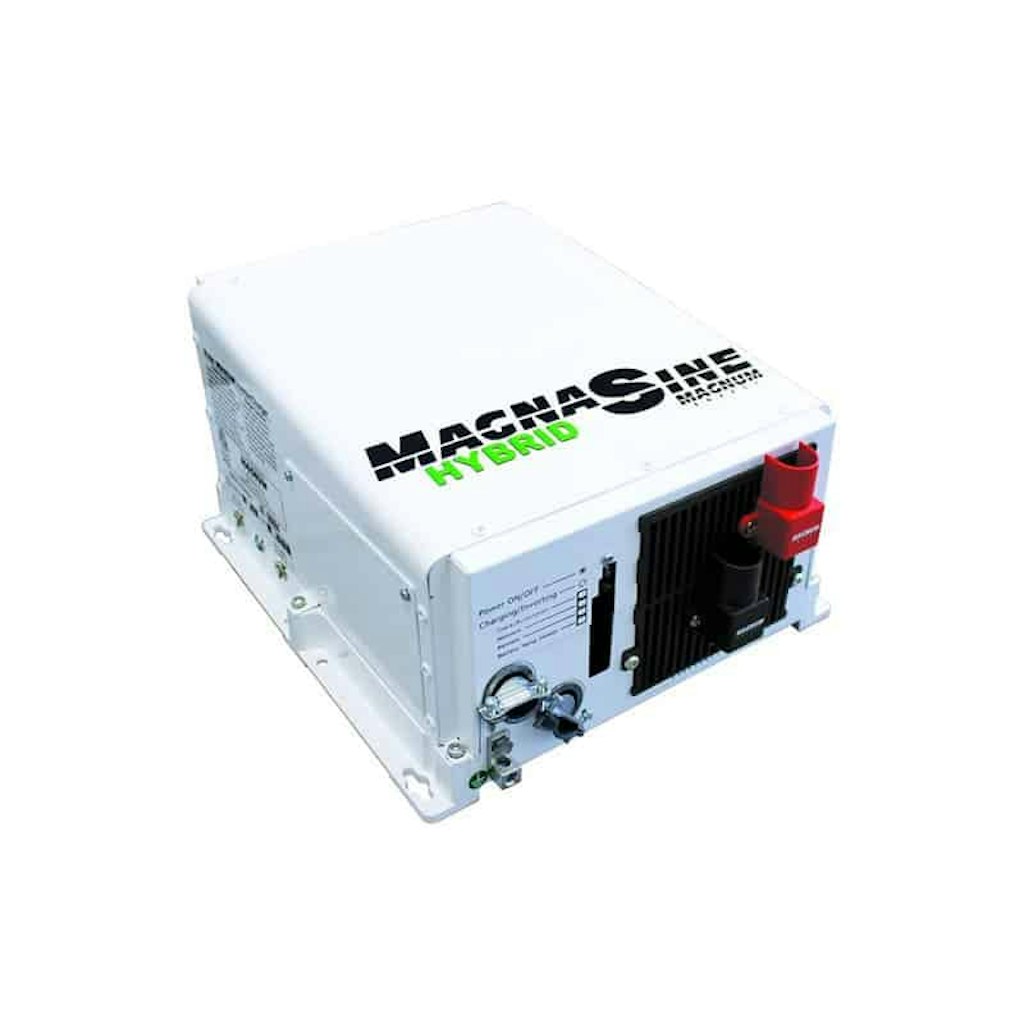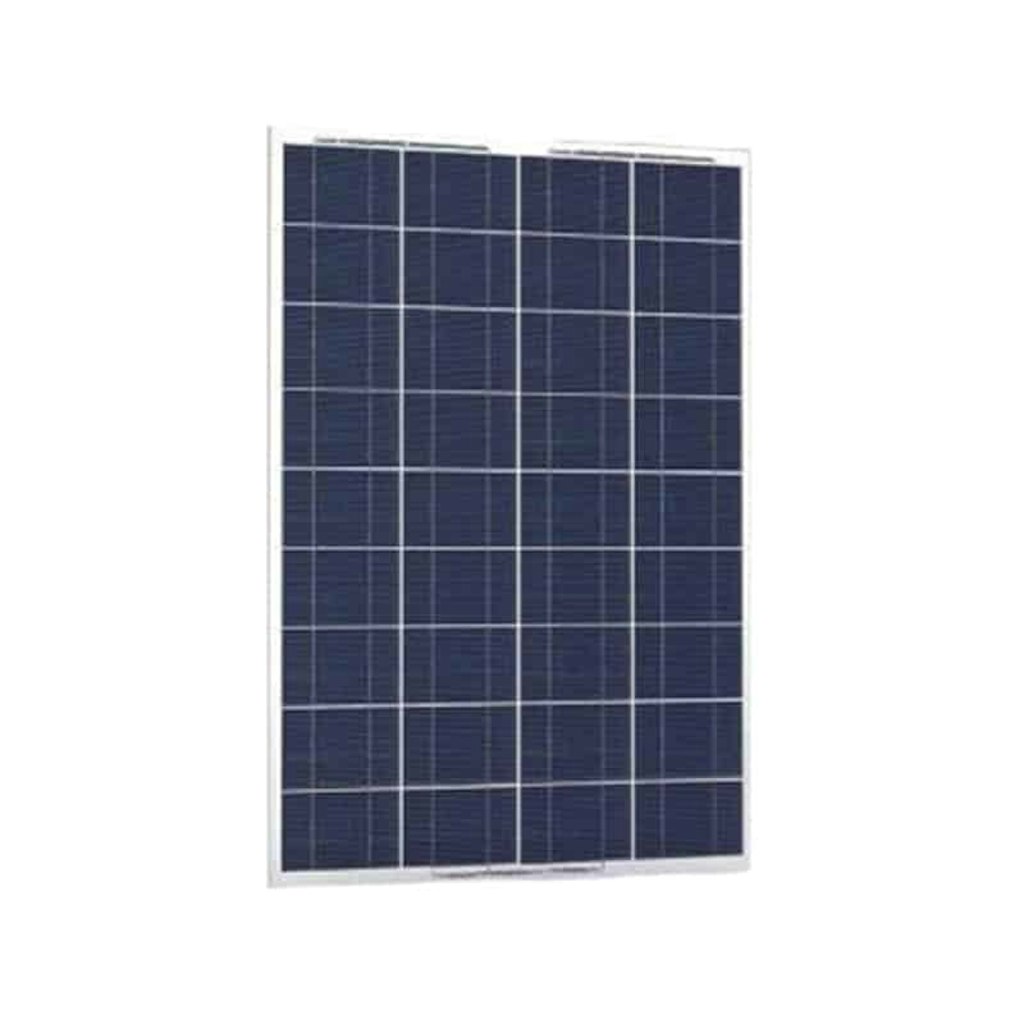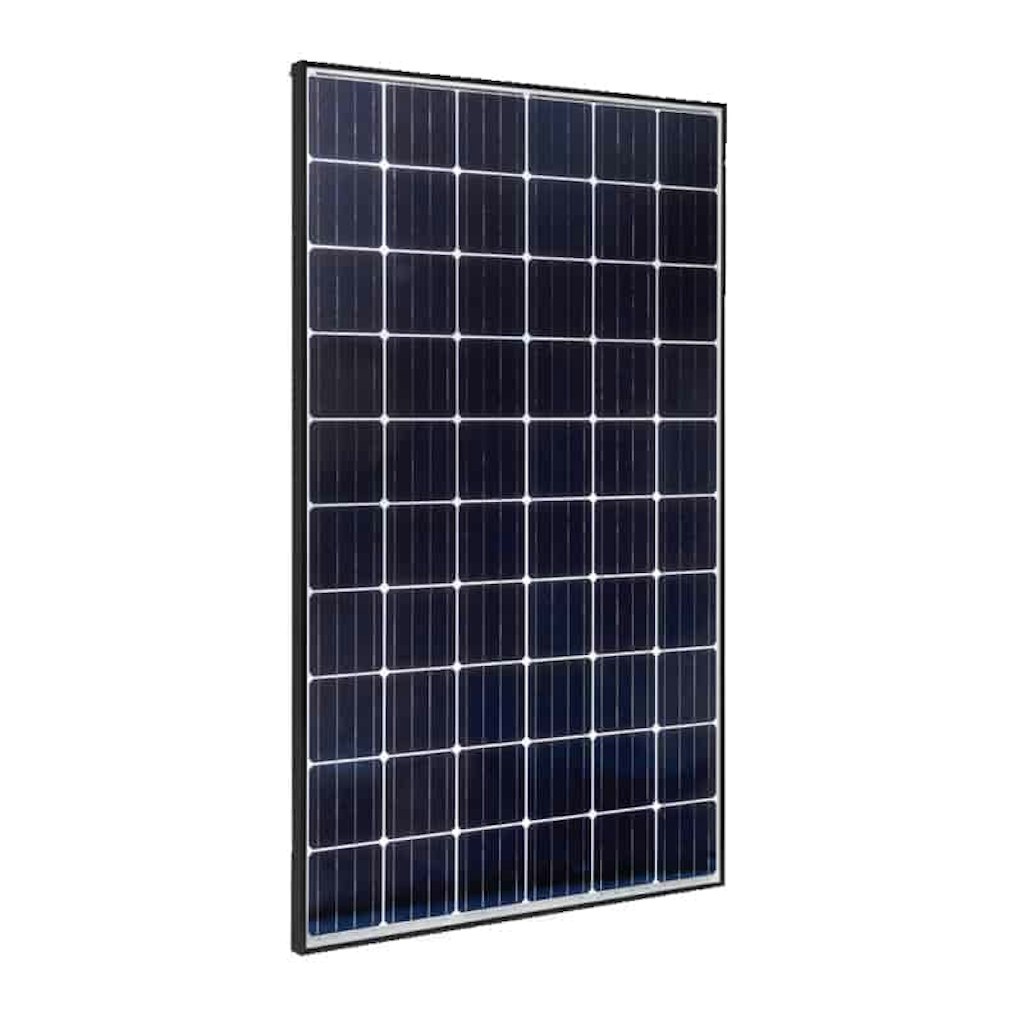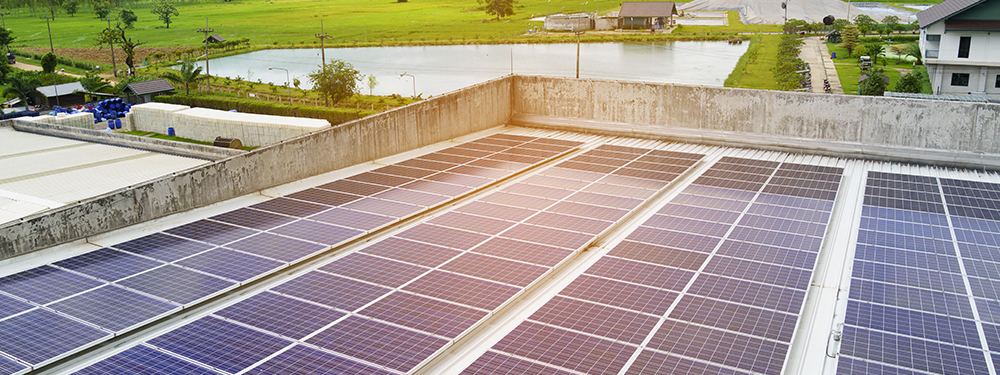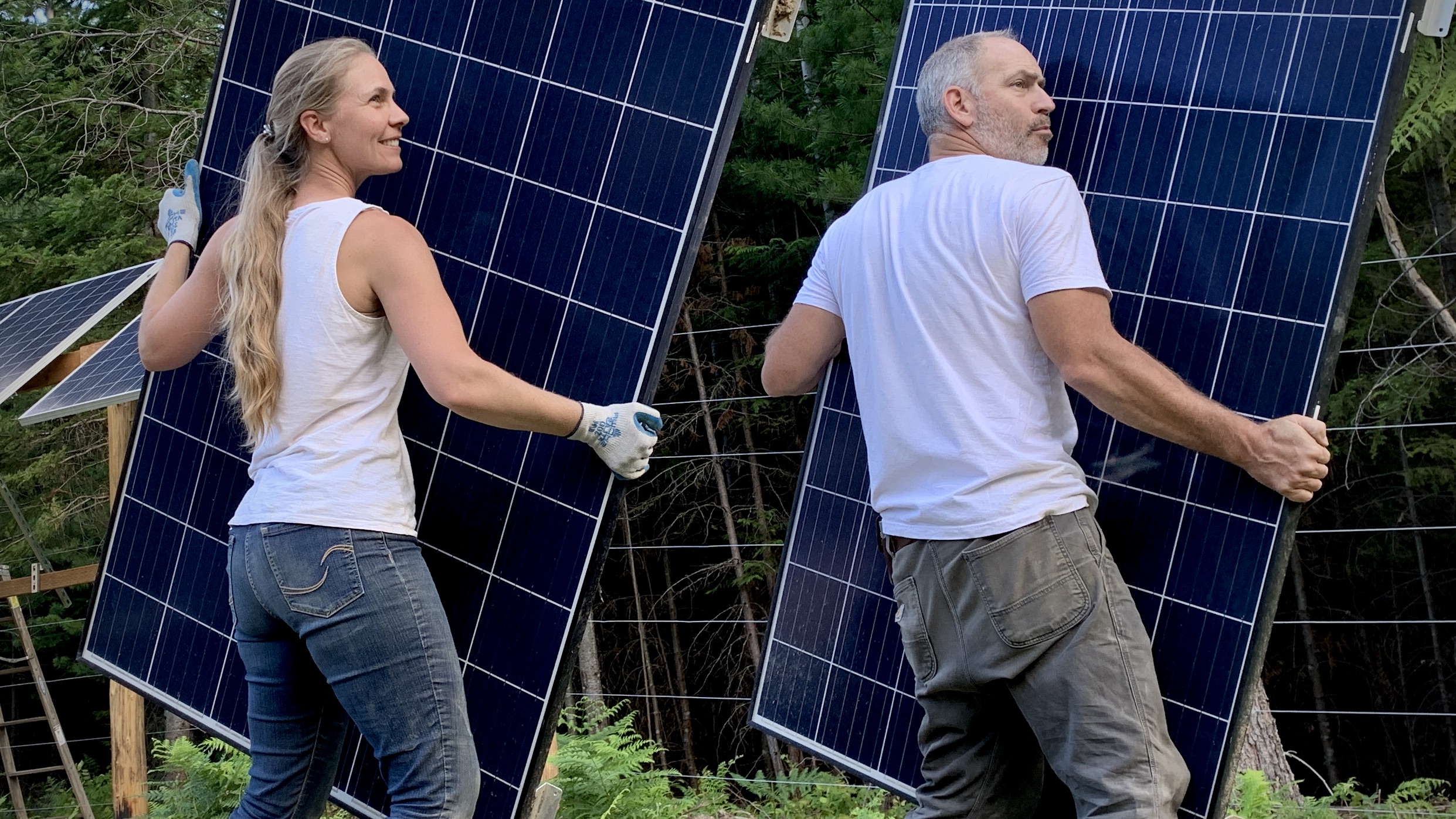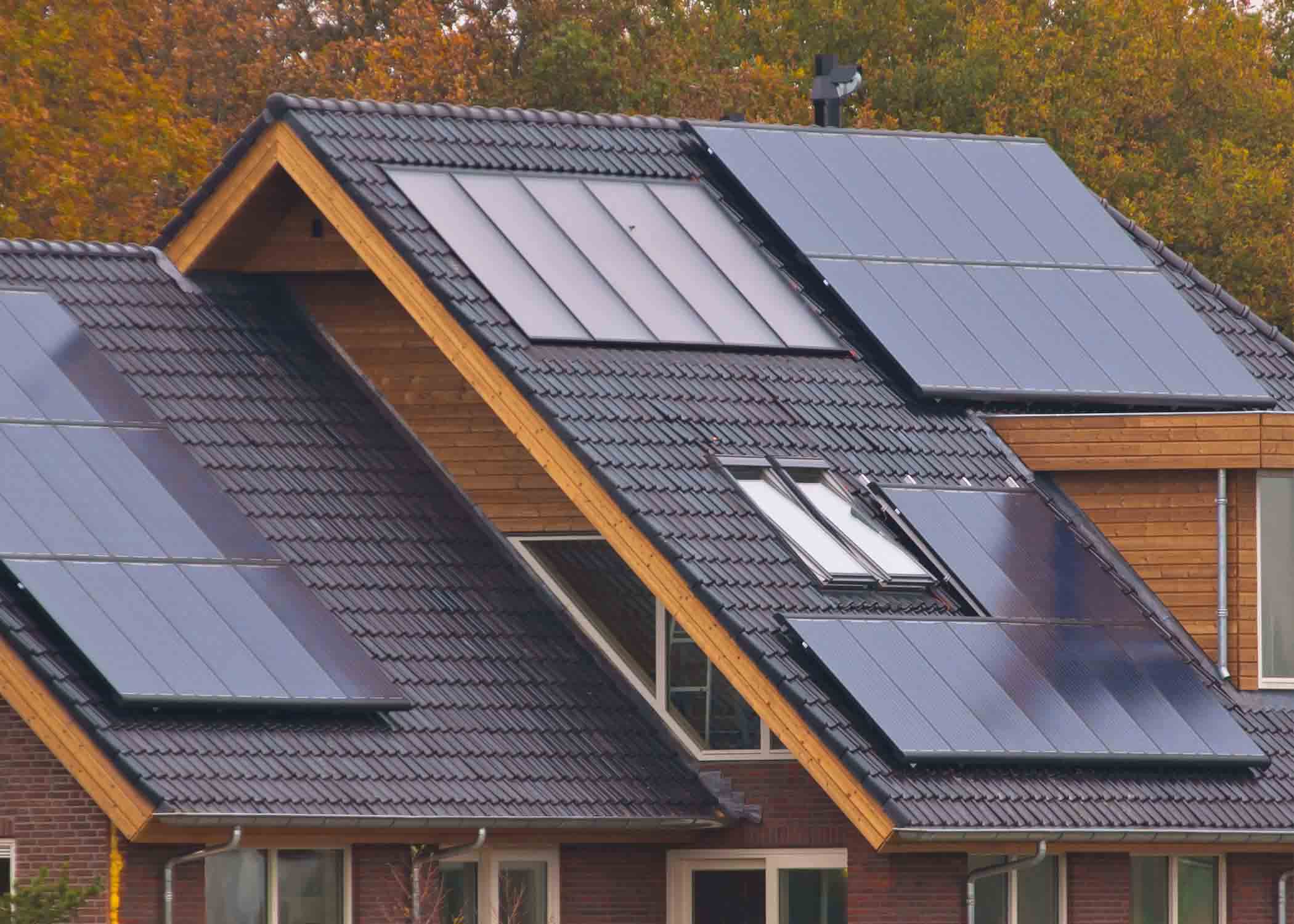Best Portable Solar Panels For RVs, Boats and Mobile Use in 2020
- Solarland’s portable solar panels are ideal for RVs since they are warrantied for vibration.
- Sunpower’s lightweight, flexible solar panels are great for camping.
- Mission Solar makes the best solar panels for boats—they are rated to protect against corrosion from salt mist.
A big part of the appeal of going solar is the ability to generate electricity in places without access to power lines. This is especially important if you live your life on the road in an RV, boat, conversion van or tiny home.
Portable solar panels are often less cumbersome and easier to use than generators, which can be heavy, noisy, dirty, and need to be refueled regularly. Solar is often the most convenient solution for people who live in RVs, boats or tiny homes (or love to take road
I’ve been in the solar industry since 1998 and have designed hundreds of mobile-ready solar electric systems in that time. More people seem to be taking to the mobile lifestyle lately, so I wanted to put together my assessment of the best portable solar panels for RVs, campers, boats and tiny homes.
If you’re building a system that needs to withstand the elements and survive life on the move, this guide is for you.
What to consider when picking solar panels for mobile use
Portability
First things first: in some cases, it’s just fine to use traditional solar panels for mobile use.
By “traditional,” I mean the full-sized panels you would install on the roof of a typical home or office. These are the most cost-effective option, and l would still recommend looking into them so long as you have the space to mount them.
The snag is that these panels are quite large: about 3.5 feet wide and 5.5 to 6.5 feet tall (depending on whether you choose 60-cell or 72-cell panels). These work great for tiny homes, but they don’t really fit on the top of a van, for example.
They also may not be warranted for use in a mobile application. Specifically, the warranty would not protect against damage from vibration, which could occur if you drive with panels mounted to your roof.
And let’s say you go camping and want to haul your system from the parking lot to leave it by your tent. Traditional full-sized panels are going to be a huge burden to lug around. I would strongly recommend opting for smaller, more portable solar panels in these cases.
Mounting Options
Panels should be built to handle high wind load, since you will likely be moving down the highway at high speeds.
Be sure to consider the space and structure available for mounting panels. Solarland offers a range of mounting brackets for this type of application, including simple Z-brackets for bolting a panel onto a flat surface, and specialty marine mounts that are designed for boats.
Marine Applications
Marine systems should be built in a dry space. Ideally, your panels should be mounted as far away from the water as possible.

Your battery bank enclosure needs to be built in a dry space. Enclosures aren’t water-tight (since the batteries need to be ventilated), so you should place it somewhere that will protect water from coming in contact with the electronic equipment.
If you plan to take your boat out in saltwater, look for panels that are IEC 61701 certified to prevent corrosion from salt mist.
Mobile-Ready Inverters & Power Centers
It is also crucial that the rest of your system components are mobile-ready. A major component is picking an inverter that is built for mobile use.
The key feature of mobile-ready inverters is neutral ground switching capability. This means that the inverter can plug into shore power and automatically switch so it is safely grounded.
This safety feature keeps your system grounded while on the road. But it can also remain properly grounded when you plug in your RV at a campsite, for example.
Magnum, Cotek and Outback sell inverters that are tailored for mobile use. We also sell pre-wired power centers that are configured in-house for use in mobile and marine applications:
3. Best Portable Solar Panels For RVs / Campers / Mobile Homes
Some RV customers like to use our large solar panels. This way they have a high voltage and high wattage output in a single panel. This is also the most cost-effective solution.
Standard solar panels with a traditional aluminum frame come in many sizes, ranging from 20 watts up to 360 watts. These gain wattage every year, and I would not be surprised to see a 375-watt solar panel by the end of 2019
However, remember that these panels are usually not
Instead, look to something like the Solarland 12V and 24V panels, which have a robust frame and are warrantied for mobile applications.
If you don’t need a large solar array, you might enjoy our flexible solar panels. We recommend the SunPower 50W and 100W flexible panels. These are very
I keep mine paired with a 50’ cable so that I can move it around the campsite and get it into the
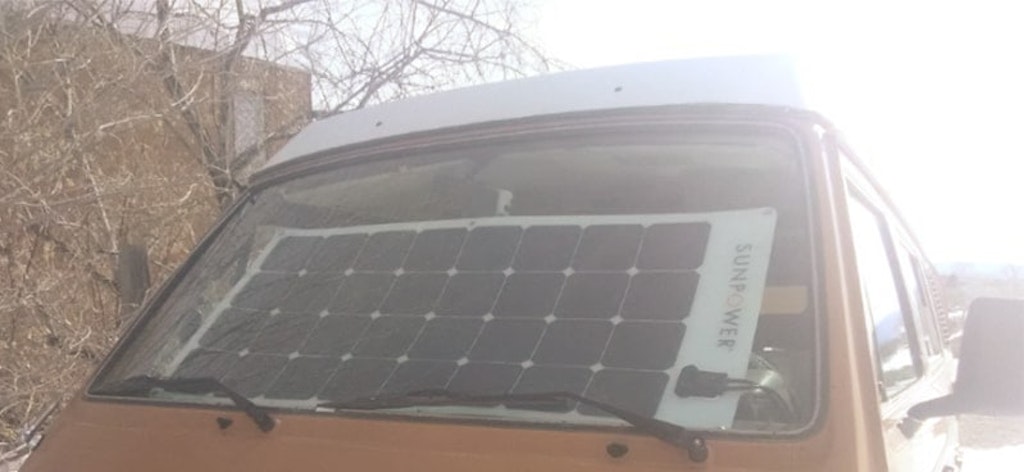
The flexible solar panels are limited to about 100 watts, so they are intended for portable and smaller uses. They have grommets in the corners so that you can quickly secure them using bungee cords or other appropriate tie downs.
Best Portable Solar Panels For Your Boat
Boats are more likely to use the larger framed type panels, as they have plenty of room to mount them. You can see this concept in action on the River Otter Waterway Cleanup Project (featured below), a marine system we designed for a client which utilizes full-sized panels.
Many of my customers that just boat around for a few hours a day like the flexible panels. They are just smaller, more portable, and get the small jobs taken care of with a lighter solar panel.
If you are going to be boating in salt water, you will want to choose a solar panel that is rated for salt air and corrosive environments.
We currently offer Mission Solar for these applications as their panels pass the IEC 61701 certification for protection against corrosion from
When building a solar array on a boat, your choice of accessories matters more than the panels you choose.
This will primarily come into play when you are installing your power center—the enclosure that contains your charge controller, inverter and other necessary components.
These power centers need to be ventilated properly, meaning they aren’t water-resistant. They should be built in a place where they will remain dry at all times.
Hit the Road With Confidence
This should give you plenty to think about as you plan your mobile solar system. When you’re ready to finalize the design, give us a call at 1-800-472-1142 or request a consultation online.
